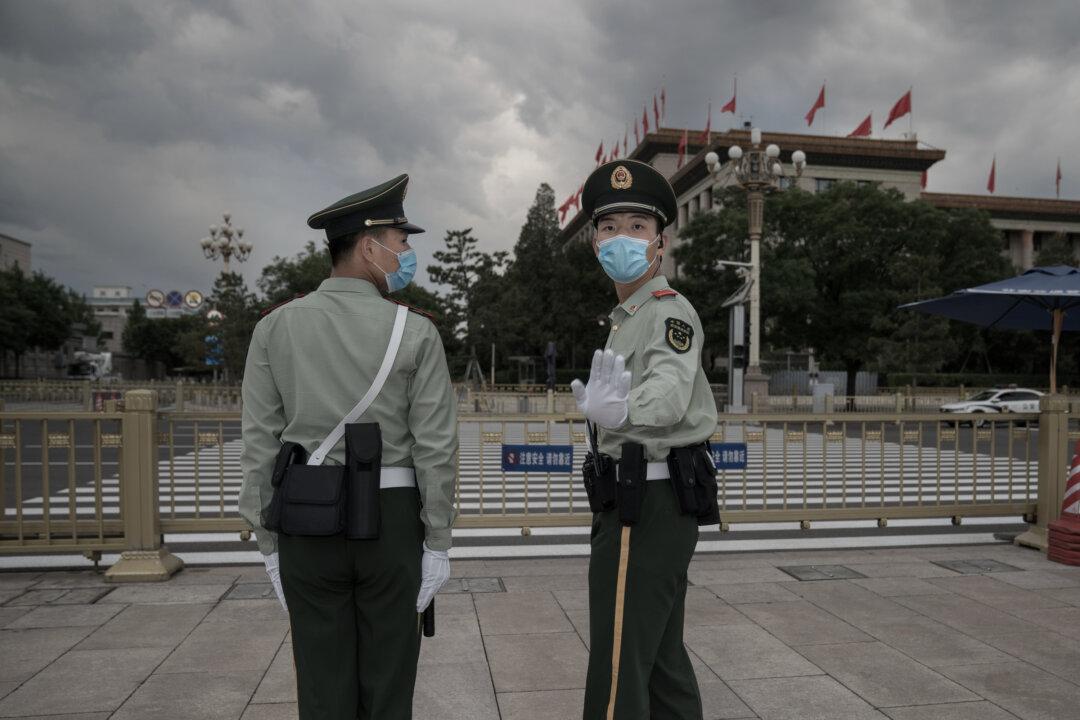The U.S. academic community has extensively collaborated with Chinese researchers affiliated with the Chinese military, jeopardizing national security, according to a new report.
Analysts at the Hoover Institution at Stanford University found 254 papers in which U.S. researchers collaborated with counterparts from seven top universities in China affiliated with the regime’s military, the People’s Liberation Army (PLA). The think tank identified 115 U.S. universities and government-backed research labs that worked with these PLA-linked organizations, collaborating on research topics from new energy technologies to aeronautical engineering.





